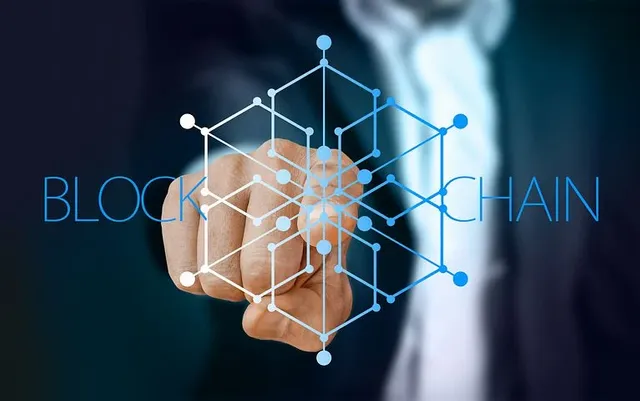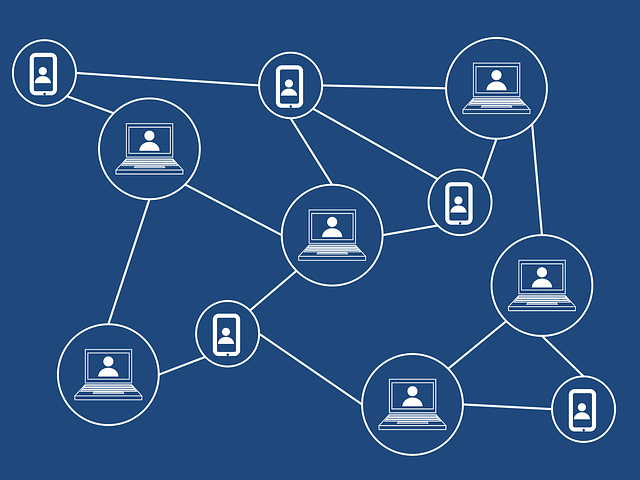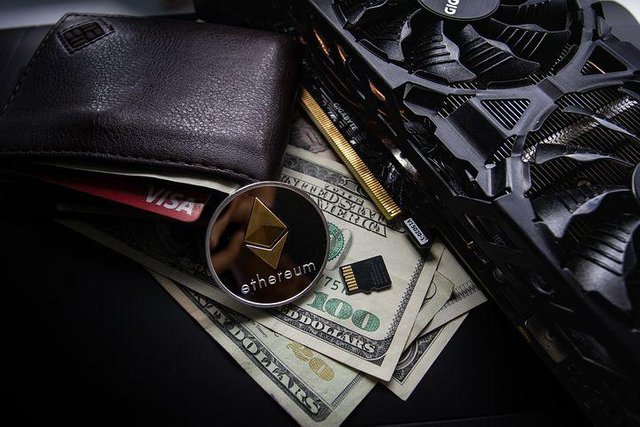Blockchain The Hidden Technology That Changes the World.

Pixabay
Internet of Things It's not an innovation in your face that you can easily see and touch from Amazon like a smartphone or package. But in a world where anyone can edit a Wikipedia entry, blockchain is the answer to the question we've been asking since the beginning of the Internet age: How can we collectively trust what happens online.Every year we spend most of our lives on the Internet doing more important things for our governments, economies and societies. We do our banking online. We shop online. We log in to apps and services that create our own digital and send information back and forth. Think of the blockchain as a historical fabric to record everything - every digital transaction; Exchange of value, goods and services. Or private data - just like that. Then there are the stitches in the chain that turn data into encrypted blocks that can never be edited and scatter fragments across a global network of distributed computers or "nodes".
Think of a blockchain as a categorize database that preserve a shared list of records. These records are called blocks, and each encrypted block of code contains the date of each block that precedes the other timestamp transaction data. In fact, you know, connecting these blocks together. Therefore blockchain.

Pixabay
Blockchain consists of two basic components: a decentralized network, which facilitates and verifies transactions, and the network maintains this unmanaged ledger. Everyone on the network can see this shared transaction ledger, but there is not a single point of failure that could hack or damage records or digital assets. Because of this decentralized trust, there is no organization controlling this data, whether it is a big bank or a tech giant like Facebook or Google. Any third party that does not serve as Internet gatekeepers. The power of blockchain's distributed ledger technology includes all kinds of digital record and transaction applications, and we are already beginning to see major industries leaning towards this change.

Pixabay
The first are big banks and tech companies. Big business will always be innovative, and the rise of blockchain-based smart contracts (read for in-depth explanations) will enable blockchain to implement all complex business agreements, legal agreements, and automated data exchange. Turns into middle man. Companies such as Microsoft and IBM are using their cloud infrastructure to create custom blockchains for consumers and are experimenting with their own use, such as building a worldwide food safety network of manufacturers and retailers. On the academic side, researchers are looking for blockchain applications for projects ranging from digital identification to medical and insurance records.At the same time, dozens of startups are using the technology for everything from diamond sales tracking to the legal cannabis industry. That's why the potential of blockchain is so great: when it comes to digital assets and transactions, you can put anything on the blockchain. Before blockchain technology can be widely adopted, it is necessary to remove a number of economic, legal, regulatory and technical barriers, but the first stimulus is making incredible progress. In the next few years, a huge part of your digital life could begin to run on the Blockchain Foundation.

Best Regards

Your post is to be classified as Plagiarism/Spun. Its content is taken from this article:
https://www.linkedin.com/pulse/blockchain-invisible-technology-thats-changing-world-abhisek-bose
Plagiarism/Spun will not be tolerated!
Cc- @steemcurator01
Downvoting a post can decrease pending rewards and make it less visible. Common reasons:
Submit